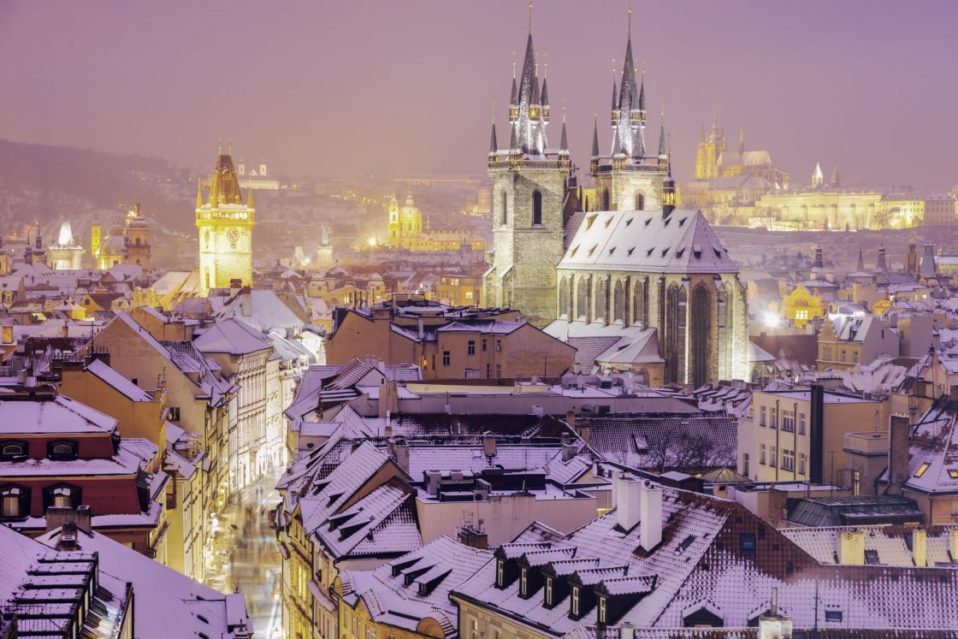There are several things most homeowners can do to prepare their home for winter and preserve heat to ensure everyone is comfortable and warm. Keep in mind that weatherizing the home can save money for homeowners in the long-run. Here are a few tips on preparing your home for winter.
Get a Programmable Thermostat
There are several new models of thermostats available that can be programmed to heat your home more efficiently. For example, if you’re at work, the thermostat can be set lower and programmed to turn on 30 minutes before you get home. This can help prevent wasted heat during times when nobody’s home, and have the home warm before you arrive. These functions can be controlled by a remote, and many offer smartphone apps that you can use to customize settings to match your schedule. Programmable thermostats are easy to install and even easier to use.
Seal the Leaks
One of the major causes of heat loss in a home is air leaks around doors and windows. However, these are very easy to fix. You can insulate your windows with caulking. For the drafts along the door edges, there are a variety of insulation tapes that can be used to seal leaks and even prevent bugs from entering your home.
Install a Carbon Monoxide Alarm
It is critical to have carbon monoxide and smoke alarms installed in your home. During winter, the potential for smoke and carbon monoxide poisoning is high because of the use of gas furnace and heating appliances. The carbon monoxide and smoke alarms should be installed in the basement and on every floor. These alarms should be replaced every five years.
Regular Chimney Cleaning
For homes that have a chimney, it is vital to get the chimney cleaned and ensure there is no obstruction as this can result in carbon monoxide retention in the home. The vent and chimney should be inspected to make sure they are free of obstruction so that the fireplace gases do not accumulate inside the home.
Frozen Pipes
Many homeowners face issues related to frozen or burst water pipes during winter. In order to prevent pipes from freezing and bursting, the first thing you should do is to drain water from all external pipes and shut off the water tap from inside the home. At the same time, it is important to always keep the home above the freezing temperature when you are away.
HVAC System Maintenance
One very common problem during winter is the breakdown of the heating system. To avoid hassles with your heating system during winter, always get your HVAC system checked by a professional before the coldest months arrive. A few dollars spent on maintenance twice a year can save you a lot of headaches during winter.
Implementing these and other weatherization tips into your winter-preparation routine can save you money through lower heating bills and prolonged lives of the components of your HVAC system. Have a professional HVAC technician come out and check your system to make sure it’s in tip-top shape before the worst of winter comes.








